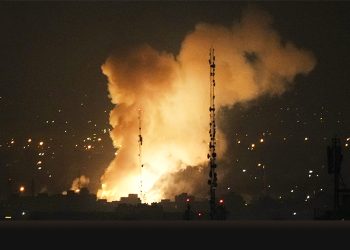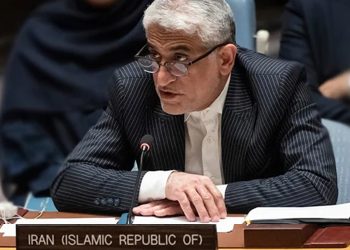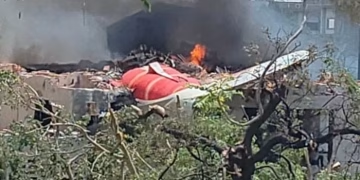In Bangladesh, new protests have broken out, leading to at least 95 deaths and many injuries, including 14 police officers, on the first day of a non-cooperation movement by the Anti-Discrimination Students Movement. The demonstrations have grown more intense, with protesters now focusing on demanding Prime Minister Sheikh Hasina’s resignation.
Protesting students have called for a march to the capital Dhaka today in defiance of a nationwide curfew to press Prime Minister Sheikh Hasina to resign.
The current wave of protests is a continuation of earlier demonstrations that began last month. Initially, these protests were sparked by student demands to reform the quota system for government jobs. Specifically, the students targeted the 30% quota reserved for the descendants of Bangladesh’s 1971 Liberation War veterans. The protesters argued that this quota was unfair and perpetuated inequality in job opportunities.
The movement, which started with demands for a more equitable quota system, quickly escalated into a broader anti-government protest. The students issued a nine-point list of demands, which included an unconditional apology from Prime Minister Hasina, the dismissal of Home Minister Asaduzzaman Khan, and a complete overhaul of the quota system. However, as the situation deteriorated, the demands were condensed into a single, more radical demand: the resignation of the government.
On Sunday, the protests turned violent as police used tear gas and rubber bullets to disperse tens of thousands of demonstrators in Dhaka and other regions. The violence has resulted in a high death toll, with media reports varying slightly but indicating around 95 fatalities, including at least 14 police officers. The situation has prompted the government to impose an indefinite nationwide curfew starting at 6 pm and announce a three-day general holiday to manage the crisis.
As the violence continues, the government’s response has included stringent measures to control the unrest. The protests, which began as a demand for a more just quota system, have now become a broader anti-government movement with severe implications for national stability. The ongoing clashes and government actions highlight the deepening crisis and the growing frustration among students and the general public.







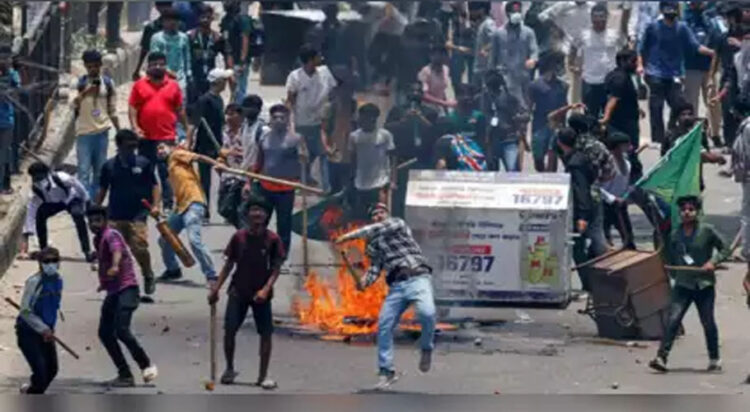


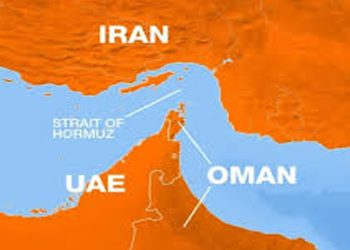



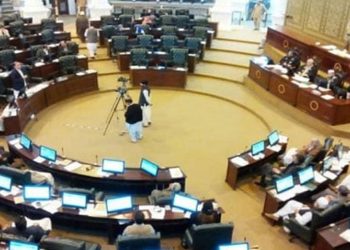


![This handout photo released by the IRGC’s official Sepah News Telegram channel shows smoke billowing from a site bombed by Israel in Tehran early on June 13, 2025 [Sepah News/AFP]](https://mmnews.tv/wp-content/uploads/2025/06/Israel-attack-on-Iran-350x250.jpg)


